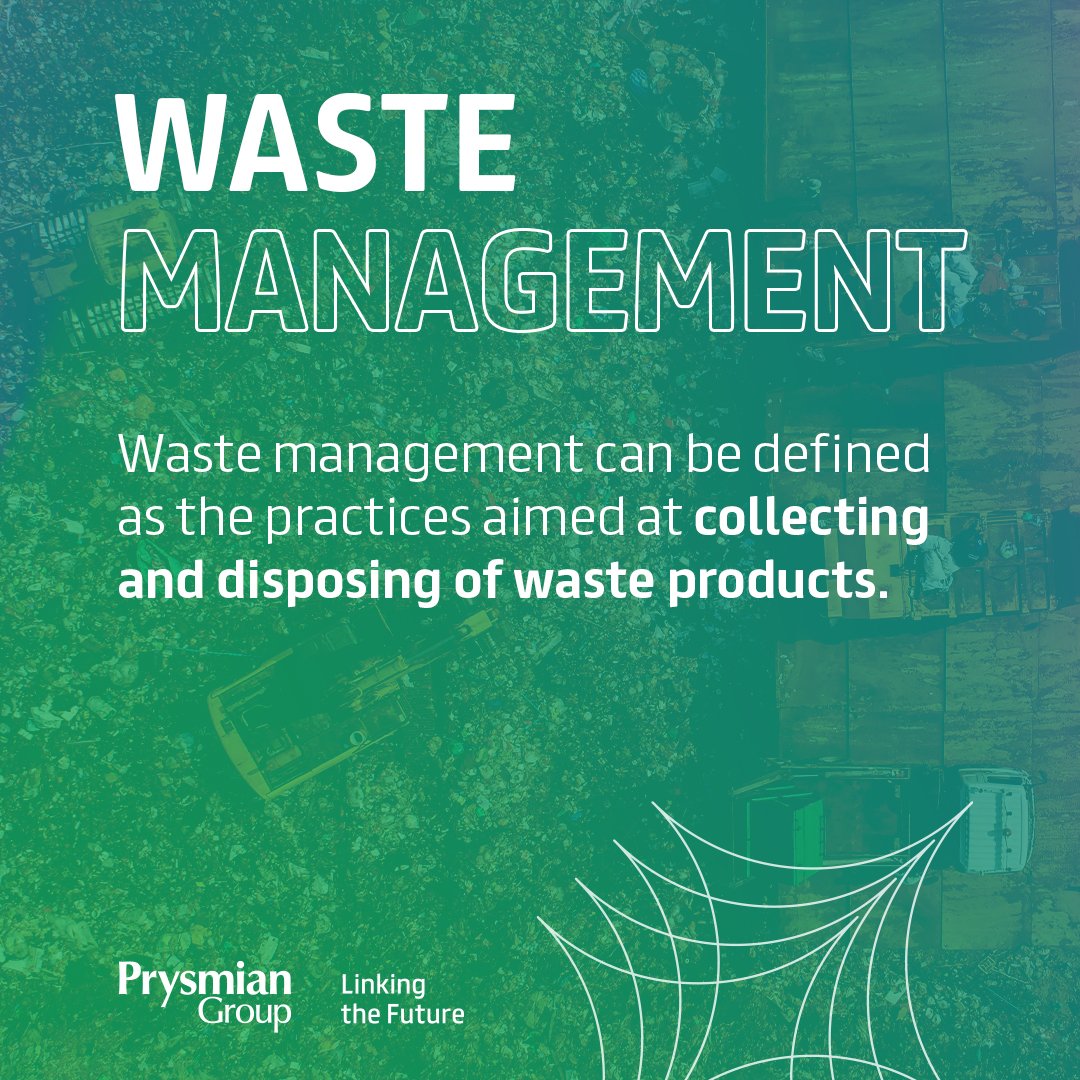The Basic Principles Of Reclaim Waste
The Basic Principles Of Reclaim Waste
Blog Article
Some Known Factual Statements About Reclaim Waste
Table of Contents5 Simple Techniques For Reclaim WasteReclaim Waste Can Be Fun For EveryoneThe Best Strategy To Use For Reclaim WasteGet This Report on Reclaim WasteReclaim Waste for Dummies
Discover the types, occurrences, and forms of fluid waste. Residential sewage waste refers to the waste and products from a household septic system. This kind of waste is created by human beings in homes, institutions, and other buildings. This only consists of septic systems that have a drainpipe area. The appropriate management and disposal of domestic sewage waste call for fluid waste to be moved to a sewage treatment plant where the proper methods and devices are put on cleanse and throw away waste.
Business waste typically includes prospective risks, such as combustible products or a mixture of fluid and solid waste products, and calls for an extra sophisticated and detailed disposal procedure. The disposal of industrial waste typically entails the purification of waste before transportation to make certain risk-free and proper disposal. Hazardous waste is created from by-products and drainage of commercial processes and manufacturing.
This kind of waste can not utilize the exact same sewer management transportation or processes as septic or commercial liquids. The hazardous waste administration process requires the inspection and testing of liquid waste prior to it undergoes the disposal procedure (liquid waste disposal melbourne). Runoff waste is the liquid waste that comes from runoff and excess stormwater in highly populated areas or cities
Runoff waste can trigger contamination and flooding otherwise taken care of effectively. Find out more concerning sewage system cleansing and waste monitoring. Making certain correct waste management can protect against calamities and lower ecological damage. Both individuals in domestic settings and specialists in business or manufacturing markets can gain from understanding the procedures and guidelines of liquid waste management.
Facts About Reclaim Waste Uncovered
Contact PROS Providers today to learn more about our waste administration and disposal solutions and the proper means to care for the fluid waste you produce.
(https://reclaim-waste-48112599.hubspotpagebuilder.com/reclaim-waste/expert-liquid-waste-removal-and-disposal-services-your-complete-guide)Do you understand what occurs to your water when you pull the plug, purge the bathroom or drain the cleaning device? No? Well, it deserves knowing. This supposed 'wastewater' is not just an important resource yet, after treatment, will certainly be launched to our land, waterways or the sea. Utilized water from toilets, showers, bathrooms, kitchen sinks, washings and industrial procedures is understood as wastewater.

water utilized to cool machinery or tidy plant and equipment). Stormwater, a kind of wastewater, is runoff that moves from agricultural and city areas such as roofings, parks, gardens, roadways, courses and rain gutters right into stormwater drains, after rainfall. Stormwater flows unattended directly to regional creeks or rivers, at some point reaching the sea.
The Main Principles Of Reclaim Waste
In Queensland, a lot of wastewater is treated at sewer treatment plants. Wastewater is delivered from domestic or industrial sites through a system of sewers and pump stations, understood as sewerage reticulation, to a sewage treatment plant. City governments construct, maintain and run most sewer treatment plants. Operators are licensed under the Environmental Protection Act 1994 to discharge treated wastewater at an acceptable ecological criterion right into rivers.
The Division of Natural Resources suggests city governments concerning handling, operating and keeping sewage systems and treatment plants. In unsewered areas, local governments might call for homeowners to set up private or home sewage treatment systems to deal with residential wastewater from bathrooms, kitchens, restrooms and laundries. The Department of Natural Resources authorizes the usage of home systems when they are shown to be effective.
In some new subdivisions, therapy of some stormwater to remove clutter, sand and crushed rock has started utilizing gross pollutant catches. Wastewater treatment takes place in four phases: Eliminates solid matter.
Wastewater then moves into big tanks where solids clear up and are removed as sludge. Oil and scum are skimmed from the surface area. Uses little living organisms called micro-organisms to damage down and eliminate continuing to be dissolved wastes and great particles. Micro-organisms and wastes are integrated in the sludge. Removes nitrogen and phosphorus nutrients that might create algal blooms in our rivers and intimidate water life.
The 7-Minute Rule for Reclaim Waste
Nutrient removal is not readily available in all sewer treatment plants because it requires expensive specialised devices. It is coming to be much more typical in Queensland. Clear liquid effluent created after treatment may still include disease-causing micro-organisms. If this effluent is released into waterways such as rivers or the sea, the micro-organisms will eventually pass away out.

A lot of wastewater streams right into the sewerage system. Under the Act, local federal governments provide approvals and licences for environmentally relevant activities (ERAs) entailing wastewater releases that could have a regional influence.
Little Known Questions About Reclaim Waste.
Or else, examples are taken for lab evaluation. Commonly many tests are required to establish the levels of each of the various toxins such as oils, heavy metals and chemicals in water. Surveillance provides accurate info regarding water quality and can verify that permit problems are being fulfilled. The information acquired with surveillance provides the basis for making water quality decisions.
Report this page